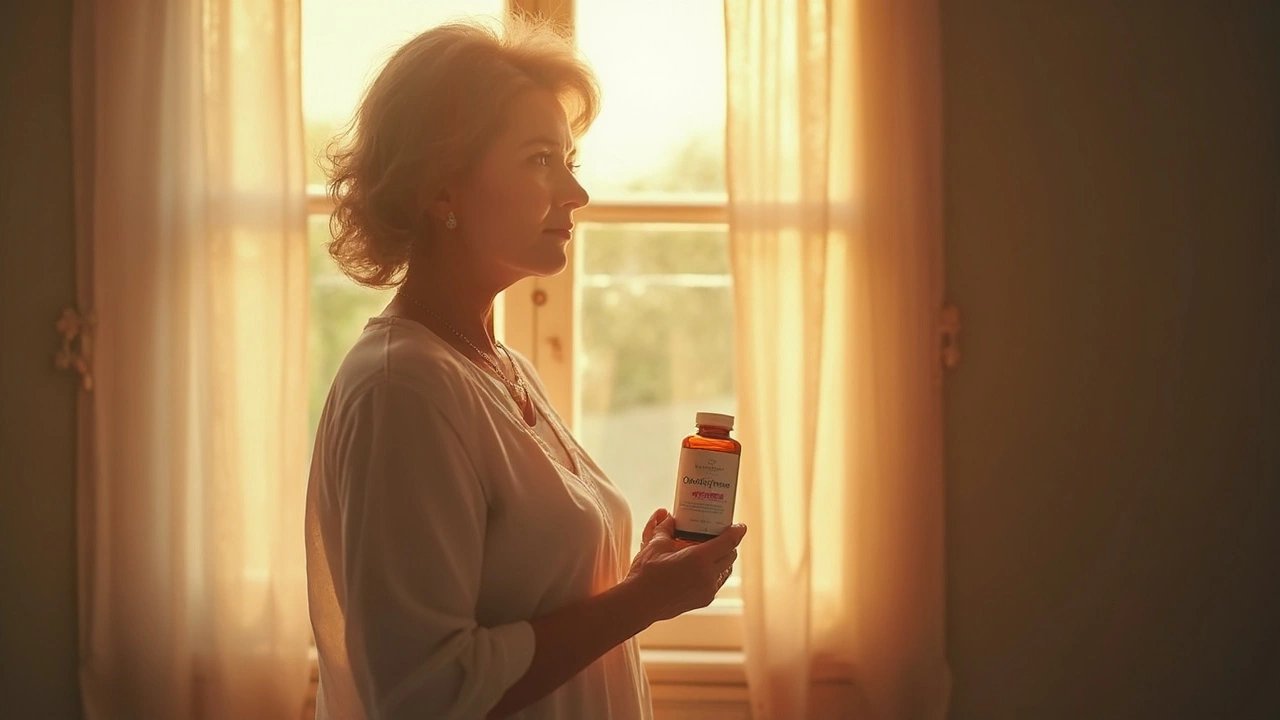Menopause: Straight Answers and Real Tips for Getting Relief
Hot flashes aren’t just in your head. Night sweats can really mess up your sleep. If menopause symptoms are starting to take over, you’re not alone and you don’t have to just “deal with it.” There are real ways to make life better as you move through this change—and it doesn’t always mean hormones or fancy supplements. I’ll walk you through what actually works, what’s hype, and when you might want to talk to your doctor.
First things first: menopause is just when you stop having periods for good, usually around your late 40s or early 50s. But the months or years leading up to that—called perimenopause—are when the real rollercoaster starts. You might notice irregular periods, mood swings that come out of nowhere, trouble sleeping, or feeling warmer than everyone else in the room. Your body really is shifting gears because your hormone levels (especially estrogen) are dropping.
Hot flashes and night sweats are the symptoms most people talk about, but menopause can hit in places no one warns you about. Think sudden brain fog, weird joint aches, dry skin, or even changes in your sex drive. These aren’t “in your head”—they’re normal, even if they’re not fun to talk about.
So what actually helps? Some women get major relief from hormone therapy (HRT), but it’s not for everyone. There are patches, pills, and gels if you’re a good candidate, and your doctor will check for risks like breast cancer history or blood clots. If HRT isn’t your thing, there are non-hormonal treatments—some antidepressants, gabapentin, or even certain blood pressure meds help tone down hot flashes for some people.
But don’t underestimate basic lifestyle tweaks. Wearing light layers, carrying a handheld fan, and skipping spicy foods or hot drinks can actually help with hot flashes. Cut back on alcohol and make your bedroom cooler at night. Exercise doesn’t just help your mood—it can steady your sleep and keep your bones strong (something that matters way more after menopause).
If you’re lately dealing with dry skin or vaginal discomfort, you have options besides just toughing it out. Over-the-counter moisturizers and lubricants work for a lot of women. Prescription creams or rings with low-dose estrogen are also easy and effective if dryness makes sex uncomfortable.
Your mental health matters, too. Anxiety or sudden mood dips are super common around menopause. Don’t ignore them—simple tools like mindfulness, CBT, or just a daily walk can make a real difference. If you’re struggling, talk to your doctor—sometimes medicine helps, but support groups and counseling are also a game changer.
Choosing the right menopause solution takes some trial and error. Keep track of what symptoms hit hardest, what makes them worse, and what actually helps. Bring this info to your doctor—the more details you give, the better advice you’ll get.
Menopause isn’t just an ending—it’s a change, and you get to call the shots on how to handle it. With straight facts and a plan that fits your real life, this stage doesn’t have to be a mystery or misery.

